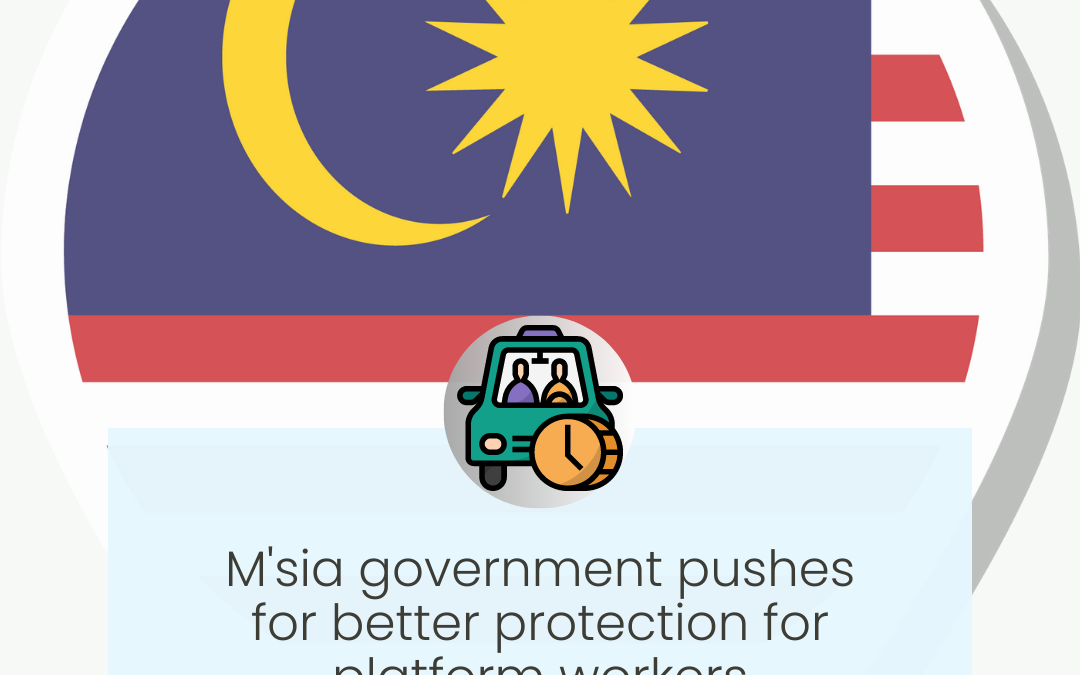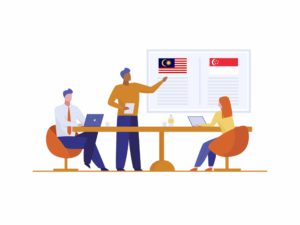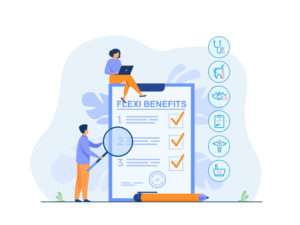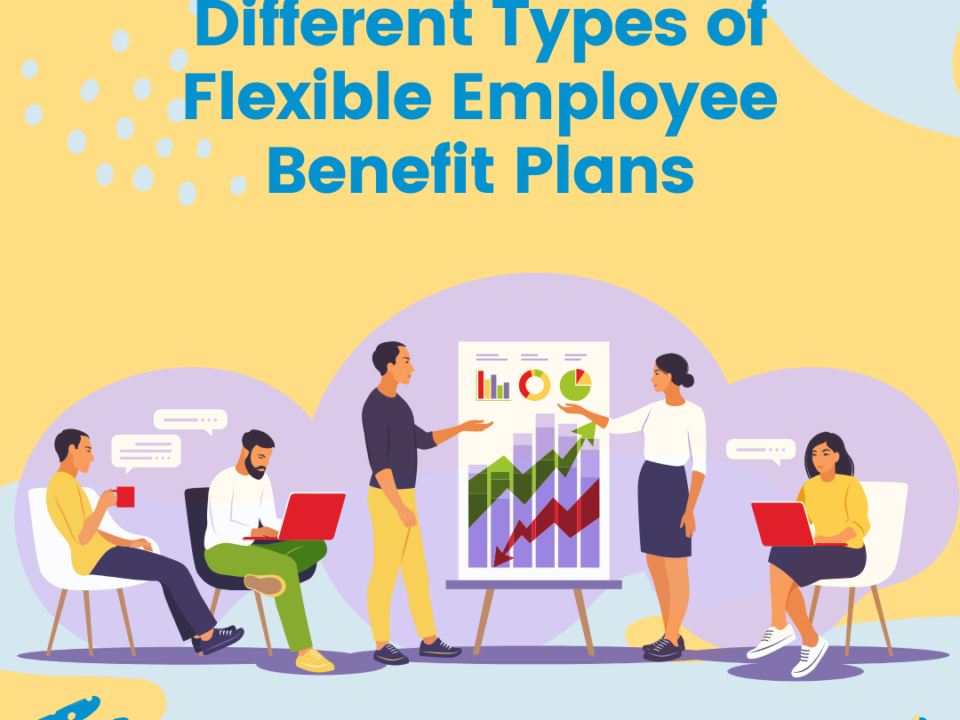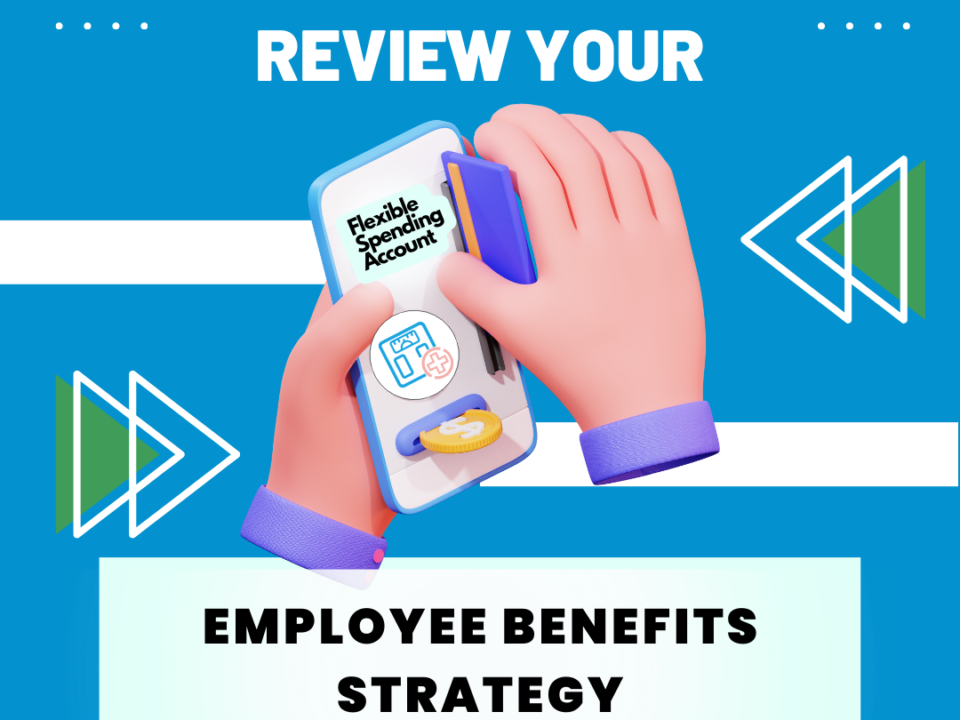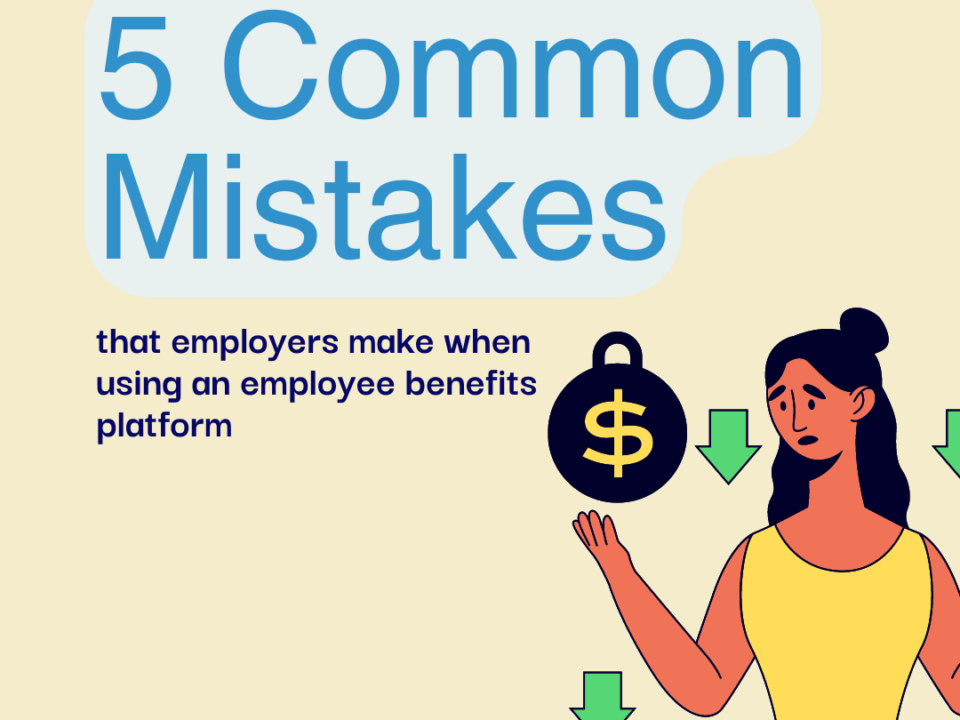
The ultimate guide to different types of flexible employee benefit plans
April 21, 2023How can businesses in Malaysia ensure holistic employee benefit for gig workers
Employee Benefits
How can businesses in Malaysia ensure holistic employee benefit for gig workers
April 26, 2023
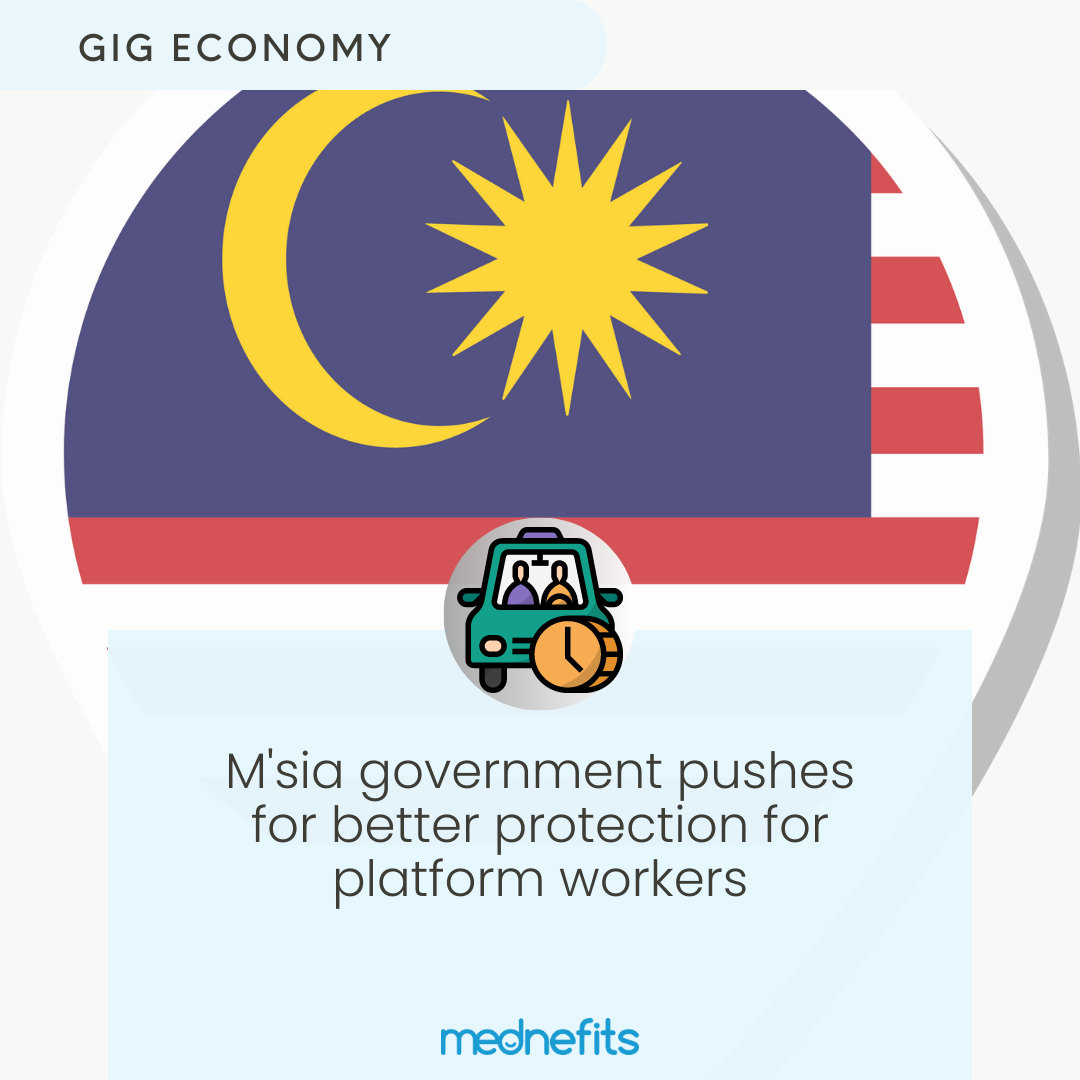
The gig economy has become a major part of the modern workforce, providing flexibility and independence for individuals to work on their own terms. In Malaysia, the gig economy has seen tremendous growth, with more and more individuals opting for freelance work rather than traditional employment. According to a Focus Malaysia survey, over 26 percent of the workforce, which is around four million freelancers, are part of the gig economy in Malaysia. However, one of the major concerns in this thriving space is the lack of employee benefits provided to gig workers. With no fixed employer, gig economy workers are often left without any form of benefits such as health insurance, paid leave, or retirement plans.
Are gig workers disadvantaged?
There is a growing concern that gig workers are disadvantaged and may not be receiving the same employee benefit or protections as traditional employees. In fact, until January this year, gig workers were not considered employees under the law.
One infamous example of how gig workers in Malaysia, despite being such a significant part of the economy, were disadvantaged is the Loh Guet Ching v. Myteksi Sdn Bhd (berniaga atas nama Grab) case2. In this case, the High Court ruled that the contract between Grab and its drivers was primarily a commercial deal and that e-hailing drivers were not considered workers under the terms of the Industrial Relations Act of 1967. As a result, e-hailing drivers were regarded as "independent contractors" and did not have the right to a hearing before the Industrial Court about an alleged unjust dismissal by Grab. Until recently, gig workers only had access to social security benefits under the Self-Employment Social Security Scheme run by the Social Security Organisation (SOCSO).
The Employment Act Amendment of 2023 and the future of gig workers in Malaysia
According to the annual Salary Survey conducted by Robert Walters, 60% of employers in Malaysia are still struggling with retaining talent and 95% of them are concerned about attracting the right talent for their organisation.
With gig workers increasingly becoming an integral part of the talent scene and major contributors to the economy, it is clear that the government and private parties need to join hands to consider employee benefit for gig workers in Malaysia.
The Malaysia Employment Act (MEA) is a key component of the nation's legal framework for protecting the rights of employees and employers and is a clear example of how the Malaysian government is working on improving the dire talent crunch situation. Its provisions are designed to ensure that all parties in an employment relationship are afforded the necessary protections to prevent exploitation, irregular working hours, and other forms of unfair labour practices. The MEA has been in effect since 1971, and its impact on the talent scene in Malaysia over the years has been significant.
However, with effect from the 1st of January 2023, Datuk Seri Saravanan Murugan, Minister of Human Resources, introduced the updated Employment (Amendment) Act 2022, and now gig workers are considered an employee and are protected under the Employment Act 2023.
The role of private companies in the gig economy
Private companies play a significant role in the gig economy, as they provide platforms that connect workers to customers. These companies are known for driving innovation and creating new opportunities for workers to earn money on their own terms. However, as the working economy gravitates towards greater inclusivity with the inclusion of gig workers, the fact that they are still not considered full-time regular workers means they lack opportunities to be daily compensated and receive employee benefits or protections typically offered to regular employees.
With the local government's limited ability to help every single gig worker, private companies should consider taking a larger role in ensuring gig workers are not hugely disadvantaged, to remain competitive when attracting and retaining gig workers.
The need for a cost-effective and efficient benefit management solution/strategy
Though private companies are embracing and looking for the best strategy to implement and manage employee benefit for gig workers, it presents a unique set of challenges that companies must navigate through. The lack of a traditional employer-employee relationship, due to the highly independent nature of gig workers, makes it difficult for companies to determine the type, amount and most importantly, how to remotely manage employee benefit. Furthermore, with gig workers typically working for multiple employers, it makes it even more challenging for companies to provide a cost-effective yet comprehensive benefits package. As such, private companies are seeking a solution that offers remote employee benefit management, and comprehensive yet cost-effective employee benefits.
- Implement a flexible-benefit model
- Leveraging technology for better employee benefit management
The implementation of a flexible benefit model presents a viable solution to surmount the challenges associated with gig workers. This approach provides employers with the opportunity to deliver a variety of benefits that are highly customisable to the specific needs of each gig worker. For instance, an employer could provide gig workers with a list of benefits offered from GP outpatient benefits to retirement plans to paid time off, and gig workers will be allowed to choose which benefits align with their lifestyle. This way, employers can provide or partially subsidise benefits that not only cater to the needs of their gig workers but do so without incurring exorbitant expenses.
The unconventional employer-employee relationship and independent and remote working style of gig workers requires the need for employee benefit to be managed remotely. The leveraging of technologies such as employee benefit software and mobile applications allows employers to offer a more streamlined and efficient management system. Employee benefit software provides employees with a centralised platform for accessing and managing their benefits where they can track benefit usage or make changes to their benefit elections.
For employers, employee benefit software provides them with valuable information and data on employee engagement with benefits, allowing for data-driven decisions to be made for future benefit design and planning. The employee benefit application, on the other hand, provides employees with on-the-go access to information on employee benefits, as well as tools for managing and using their benefits including claims processing, cashless payments and more. Employers will also have access to real-time information on the usage of these benefits and a platform to communicate with their employees, increasing employee engagement and satisfaction.
The most effective way to implement employee benefits for gig workers in Malaysia
Nonetheless, the gig economy has been booming in Malaysia, and with it, the demand for gig workers’ rights and benefits. While some companies do provide health insurance, retirement benefits, and other employee benefits to gig workers, many still do not. It is essential to acknowledge the contributions of gig workers to the economy and ensure that they are adequately protected and provided with opportunities for growth. As the gig economy continues to evolve, it is crucial to work towards developing a comprehensive framework that protects not only the rights and benefits of gig workers but also their employers, ensuring that no one is left behind in the ever-changing landscape of work.
Hence, instead of choosing between using a flexible benefits approach or leveraging technology when implementing employee benefit, the most effective method would be to choose both. Mednefits offers a fully customisable employee benefit management platform that allows companies to adopt the flexible benefit model while having an automated, affordable and accessible employee benefit platform.
Are you interested in working with Mednefits to offer employee benefits to your employees? Contact our benefits specialist today!
About Mednefits:
Mednefits helps businesses take care of their employees with its automated, affordable, and accessible employee benefits platform.
Request to join Mednefits for free to help process and track claims in real-time, while controlling costs.
